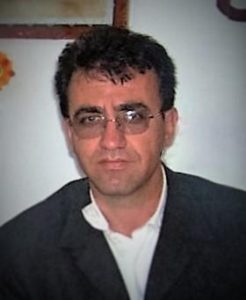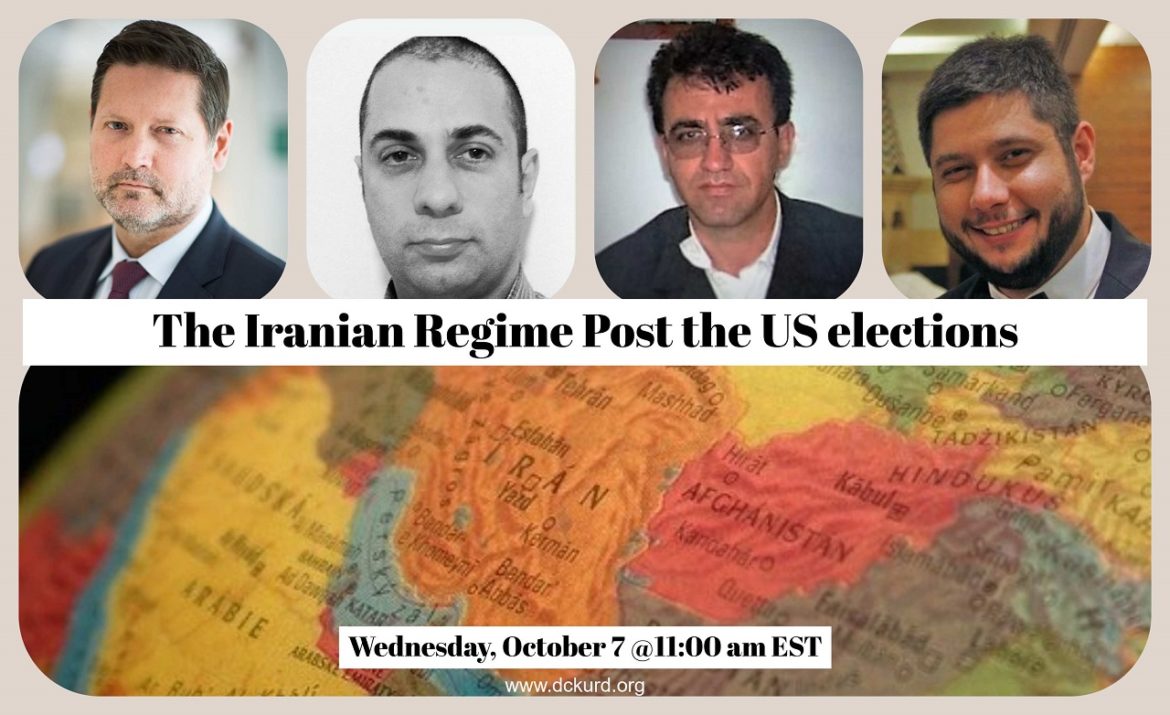One of the main foreign policy disagreements between the Republicans and the Democrats is over Iran. While both parties in principle are against the dictatorial regime of Iran, certain policies imposed on Iran by President Trump and former President Obama are still debated.
For example, the economic “Maximum Pressure” policy by the Trump administration has raised questions about whether it has changed the regime’s behaviors or it only affected people’s lives. At the same time, President Obama’s Joint Comprehensive Plan of Action (JCPA) also known as “Iran Deal”, has been criticized for helping the Iranian regime rebuild itself and fund the terror groups yet many policymakers still defend the deal and argue that it has stopped Iran from building nuclear weapons.
How should the US approach Iran despite which party/ president is in the office? Would the regime agree on unconditional talks if President Trump wins again? If Biden becomes president how would his administration deal with Iran? Is a regime change still possible by the Iranians themselves? Who are America’s friends in Iran? What can be done to minimize the regime’s interference in the region? And more addressed by our distinguished speakers.
Speakers:
Micheal Pregent– Senior Fellow at the Hudson Institute, Summarized remarks
Andrew Apostolou- Historian & Foreign Policy Expert, Summarized remarks
Kamal Soleimani- Islamic and Middle Eastern History and Politics, University of El Colegio de México, Summarized remarks
Ceng Sagnic– Middle East Expert & Rudaw Columnist, Summarized remarks
Mike Pregent is a senior fellow at Hudson Institute. He is a senior Middle East analyst, a former adjunct lecturer for the College of International Security Affairs, and a visiting fellow at the Institute for National Strategic Studies at the National Defense University.
Pregent is a former intelligence officer with over 28 years experience working security, terrorism, counter-insurgency, and policy issues in the Middle East, North Africa, and Southwest Asia. He is an expert in Middle East and North Africa political and security issues, counter-terrorism analysis, stakeholder communications, and strategic planning.
He spent considerable time working malign Iranian influence in Iraq as an advisor to Iraq’s Security and Intelligence apparatus, including an embedded advisory role with Prime Minister Nouri al-Maliki’s extra-constitutional Office of the Commander-in-Chief. An office set up to ensure Iranian-backed Shia militia party control of Iraq’s security and political process.
Andrew Apostolou

Kamal Soleimani



